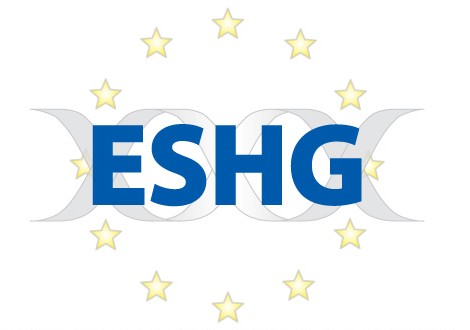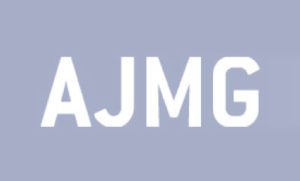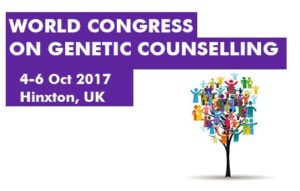| Title: | P14.083C – From Face to Gene – Identifying the Genotype of RASopathies with FDNA |
| Keywords: | RASopathies; Facial Dysmorphology Novel Analysis technology |
| Authors: | S. B. Kamphausen, M. Zenker;Institute of Human Genetics, Magdeburg, Germany. |
| Abstract: | Introduction: RASopathies comprise a group of disorders caused by germline mutations in RAS-MAPK pathway genes. Characteristic features are growth retardation, heart defects and craniofacial dysmorphism. Facial Dysmorphology Novel Analysis technology (FDNA) was used to deeply phenotype and objectively evaluate the craniofacial features of RASopathy patients. We aimed to analyze the ability of the technology to discriminate between the facial phenotype associated with mutations in different genes.Method: 256 images of 211 patients with mutations in either one of the genes PTPN11, SOS1, BRAF, RAF1 and RIT1 were analyzed by FDNA and grouped according to the pathogenic gene. The mean area under the curve (AUC) was used as a means of comparison between the samples together with ROC curve plotting the true positive rate as function of false positive rates. Binary as well as multiclass analysis was conducted. Results: Mean AUC results yielded high values with relatively low STD, showing the best result for RIT1 and the lowest for SOS1. The multiclass challenge is able to assign the case to the correct gene out of five with a mean accuracy result of 61% with low STD (5.9), which is roughly three times bigger than the random chance accuracy of 20%. Discussion: Facial recognition technology that detects dysmorphic features from 2D photographs holds the promise to assist in deep phenotyping of syndromic patients and automatically associating these clinical findings with disease-causing genes. However, perfect recall is naturally limited by the significant overlap within a clinically and pathogenetically related group of genetic entities. |
| Presentation Time: | Monday, May 29, 2017, 10:15 AM -11:15 AM |

FDNA and Face2Gene Featured at ESHG
A flock of researchers from around the globe shared their findings in dysmorphology and molecular genetics at this year’s ESHG as a part of FDNA’s corporate satellite talk and various scientific posters. Karin Weiss (Rambam Health Care Campus, Haifa, Israel) presented her further work on Sifrim Hitz Weiss Syndrome (SIHIWES), a recently described form […]


